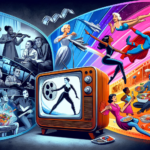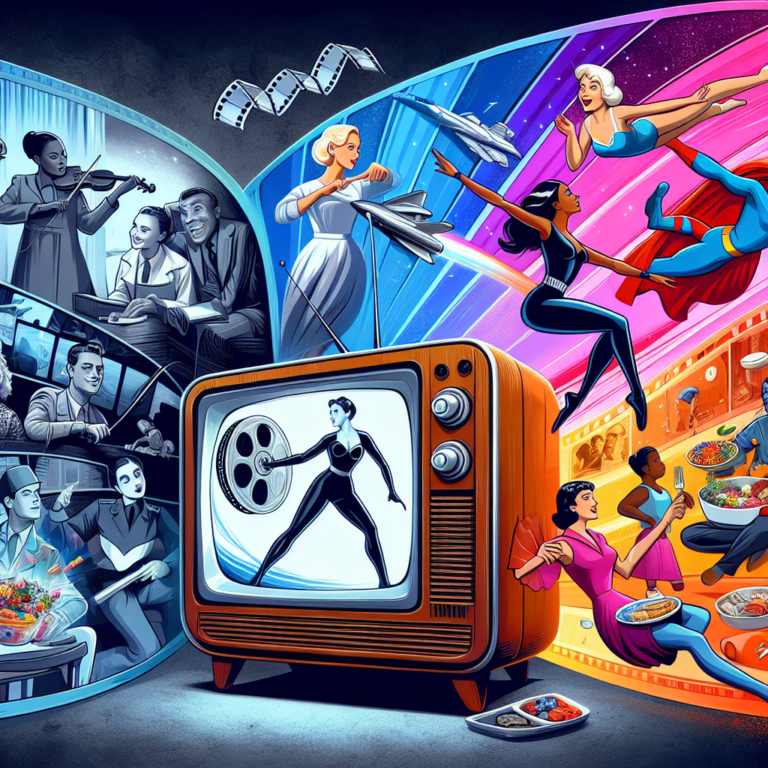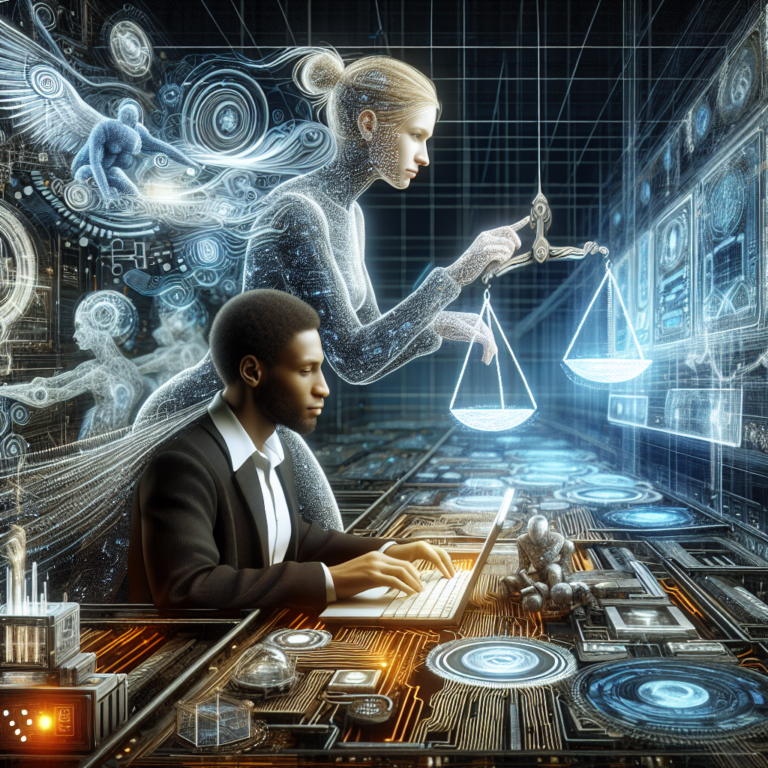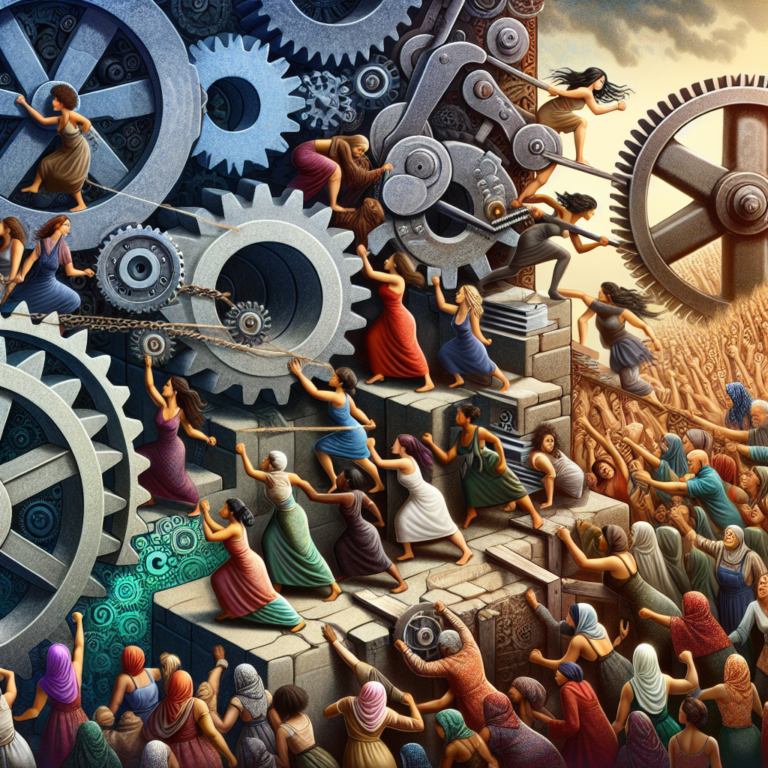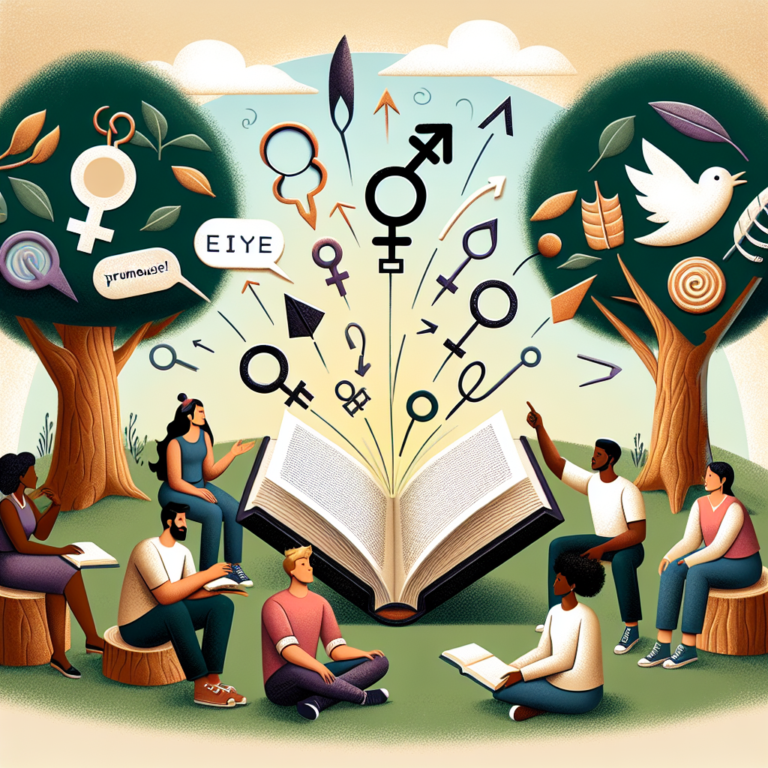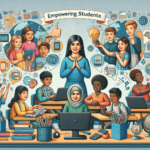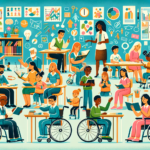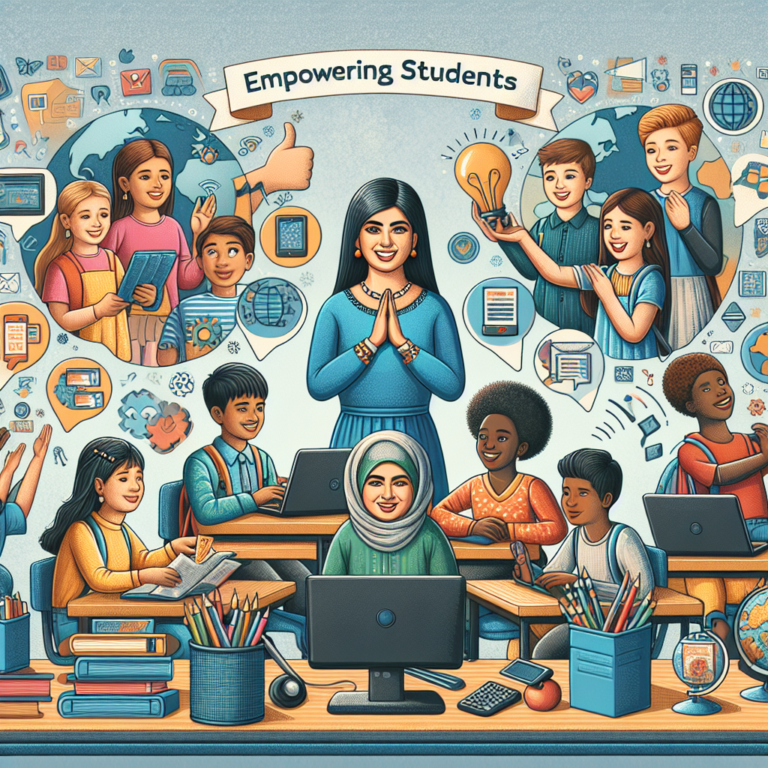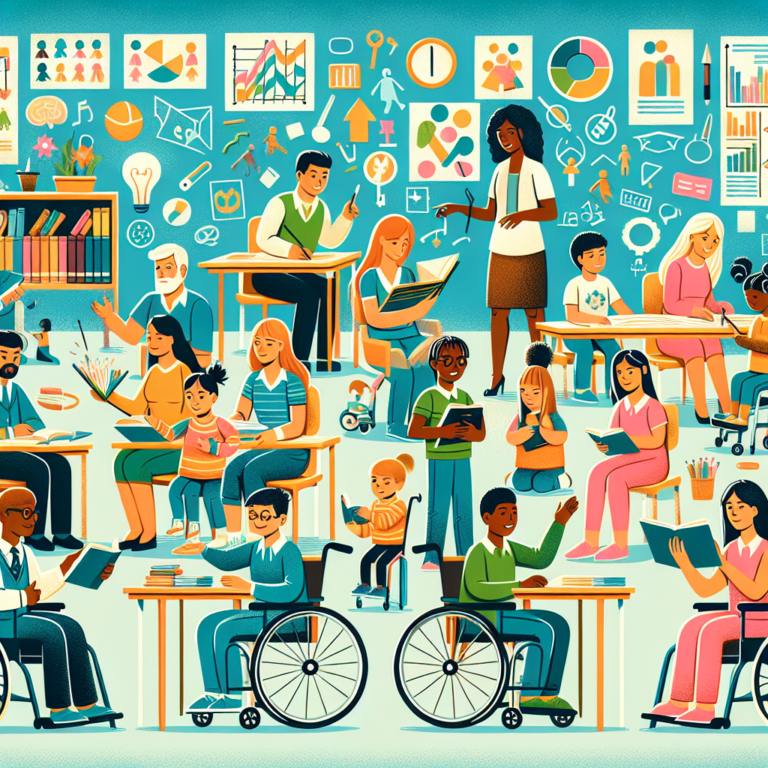
Introduction
In an era where technology permeates every aspect of our lives, the intersection of feminism and technology emerges as a powerful force for empowerment. The digital age offers unprecedented opportunities for women to reclaim their narratives, advocate for equality, and pursue careers in fields historically dominated by men. Understanding the intersection of feminism and technology: empowering women in the digital age is crucial, not only for promoting gender equality but also for fostering innovation and social progress. This article delves into how technology enables women’s empowerment, supported by real-world case studies, data insights, and actionable takeaways.
The Landscape of Feminism in the Digital Age
The Rise of Digital Feminism
Digital feminism encapsulates the ways feminist movements leverage technology for advocacy and activism. Online platforms like social media amplify women’s voices, allowing them to connect globally, organize campaigns, and raise awareness about issues ranging from reproductive rights to workplace equality.
Example: The #MeToo movement, which gained momentum through Twitter, exemplifies how digital spaces can drive social change.
Key Statistics
| Statistic | Value |
|---|---|
| Percentage of women using the internet | 50% globally, rising steadily |
| Social media influence | 78% of women use social media for activism |
| Women in tech workforce | 28% of tech jobs held by women |
Case Studies of Empowerment Through Tech
Case Study 1: Girls Who Code
Overview: A nonprofit organization aimed at closing the gender gap in technology by equipping girls with programming skills.
Relevance: By teaching over 300,000 girls coding, Girls Who Code reshapes the narrative around women in tech, showcasing that they can thrive within the industry.
Analysis: This initiative exemplifies the intersection of feminism and technology: empowering women in the digital age by providing the necessary tools and community support for young girls to enter and succeed in the tech field.
Case Study 2: Women Techmakers
Overview: Google’s initiative to support women in tech through resources, training, and community events.
Relevance: The program has inspired a new wave of female developers and innovators, reinforcing the importance of female representation in technology companies.
Analysis: This case underlines how industry-driven initiatives can lead to systemic changes in tech culture, thus creating more inclusive environments that support women’s advancement.
The Role of Education and Training
Tech Education for Women
The digital age has transformed educational access. Online platforms provide courses and tutorials that empower women to develop skills in coding, digital marketing, and data analysis.
Online Learning Platforms
| Platform | Specialization | Key Feature |
|---|---|---|
| Coursera | Diverse tech skills | University-affiliated courses |
| Codecademy | Coding fundamentals | Interactive coding environment |
| Udacity | Data science and AI | Nanodegree programs |
Community Support
Community initiatives are crucial for women’s success in tech. Networking events, mentorship programs, and online forums encourage collaboration and foster a supportive ecosystem.
Challenges and Barriers
Tech Gender Gap
Despite advancements, women still face significant barriers in tech. Issues such as implicit bias, lack of representation, and workplace harassment persist.
Addressing the Challenges
Strategies to overcome these challenges include implementing diversity training in organizations, creating supportive work environments, and advocating for policies that promote gender equality.
The Future of Women in Tech
Innovations in Feminism and Technology
Emerging technologies such as AI, blockchain, and virtual reality offer opportunities for women to lead in innovation. Women entrepreneurs are increasingly taking advantage of these tools to disrupt traditional industries and create viable businesses.
Inspirational Figures
Tech Innovators: Notable women such as Reshma Saujani (Girls Who Code), Kimberly Bryant (Black Girls Code), and Gitanjali Rao (Young Scientist) exemplify how women are paving the way in various tech sectors.
Conclusion
The intersection of feminism and technology is a dynamic field, rich with potential for transformation and empowerment. As we reflect on how women continue to harness digital platforms for advocacy, education, and entrepreneurship, it’s clear that the future is bright. By supporting initiatives that prioritize inclusivity and leveraging technology for positive change, we can ensure that all women are empowered in the digital age.
Actionable Takeaways
- Educate Yourself and Others: Commit to learning about feminist movements and technology.
- Support Female Entrepreneurs: Invest in or promote women-led tech startups.
- Advocate for Inclusion: Encourage policies and practices within organizations that promote gender diversity.
FAQs
1. How does technology empower women in their careers?
Technology provides women with access to education, networking, and resources that enable skill development and career advancement.
2. What role does social media play in modern feminism?
Social media serves as a platform for awareness, community-building, and activism, allowing women to share their stories and advocate for change.
3. Are there organizations focused on women in tech?
Yes, numerous organizations like Girls Who Code and Women Techmakers focus on educational and professional support for women in technology.
4. How can women overcome barriers in the tech industry?
By seeking mentorship, networking opportunities, and advocacy initiatives that promote inclusivity and diversity in the workplace.
5. What is digital feminism?
Digital feminism encompasses the ways women use digital platforms to spread awareness, organize movements, and advocate for equality and social justice.
By exploring the intersection of feminism and technology: empowering women in the digital age, we recognize the significant strides made and the ongoing work necessary to promote gender equity. Through collective efforts and technological innovation, we can create a future where women thrive in all aspects of life.
